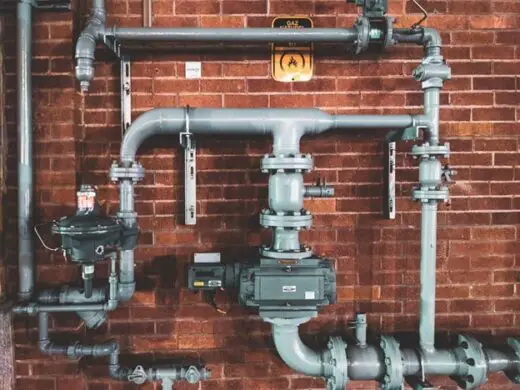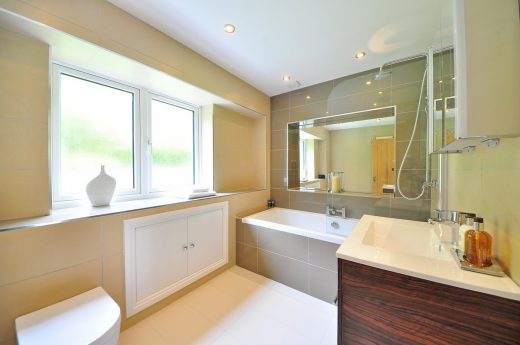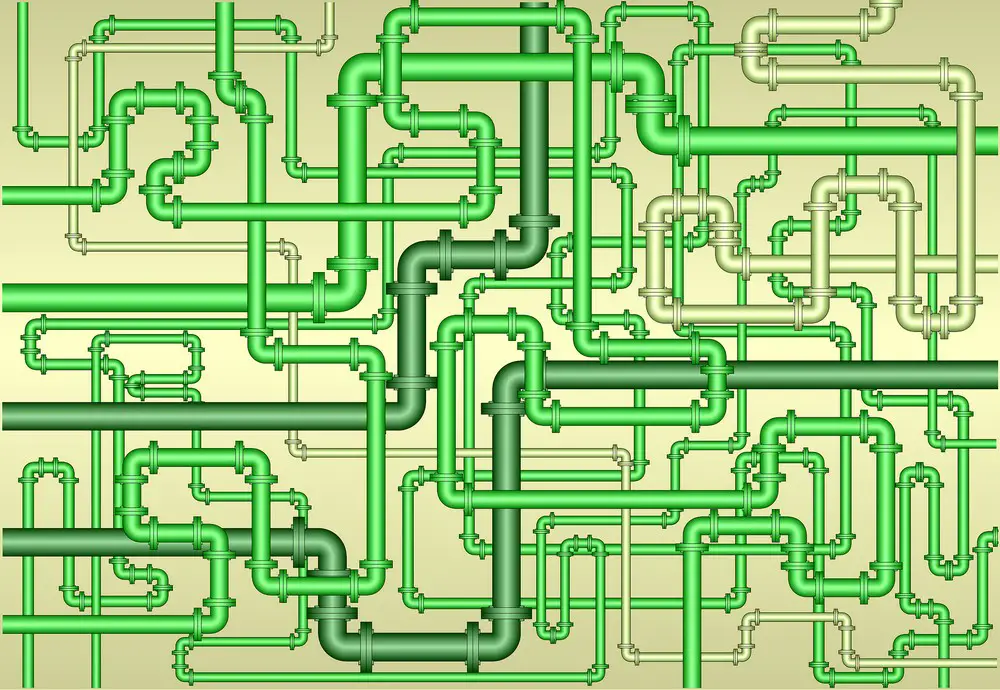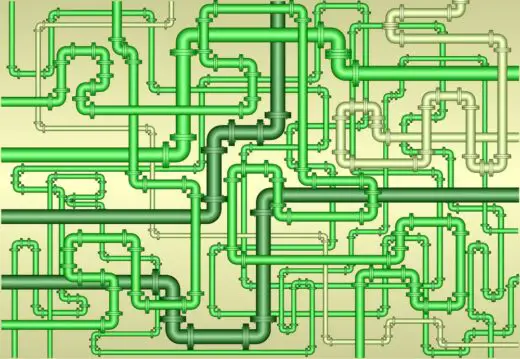How to handle a plumbing crisis, House maintenance tips, Home drainage advice
How to Handle a Plumbing Crisis advice
20 Aug 2022
The risk of water damage to your home is always present. It can cause costly repairs and higher water costs. Problems with the plumbing may be a major inconvenience for everyone. When there are even minor issues with the plumbing, water supply, or drains, it’s best to have a professional come take a look.
There may be times when you need to act right away and you can’t call a plumber for help. In that case, you should be ready for a plumbing emergency by knowing a few important tips. But if you need help with your plumbing right away, the Franston plumbing company has a 24-hour emergency plumbing service and can tell you what to do until a plumber comes.
While we certainly hope you won’t need this information any time soon, it’s better to be safe than sorry in the event of a plumbing issue. In this blog post, we’ll discuss several preventative measures you can take in the event of a plumbing emergency:
Turn Off the Taps
In the event of a plumbing emergency, turning off the main water valve is a must. Find the valve under the kitchen or bathroom sink, then flip it to the right. A home’s main power supply should be turned off if floodwaters rise to dangerous levels.
Locating the main shutoff valve is essential. Usually, the primary valve is located outside the garage, although it could be somewhere else. To facilitate rapid identification, the handle is typically painted in a conspicuous hue. Turning off the main power is a sensible course of action.
Off the Water Heater
During a plumbing crisis, turning off the water heater is another important step to perform. To put it another way, it will prevent energy buildup in the water heater, which is a common cause of failure. If there is a big water leak or overheating, it could potentially explode. Learn to turn it off quickly and easily. It’s important to disconnect the gas line if the water heater uses gas. Be sure to have this done before the electricity to the heater is turned off.
Stay Away From Using Any Chemical
Clogged drains are an inconvenient and sometimes dangerous plumbing situation. To make matters worse, using chemicals to remove the blockage will not work. To begin clearing the impediment, a plunger can be useful. Pouring hot water down the drain may help if that doesn’t. Mix a fresh cup of baking soda with hot water and sprinkle it over the area again. There will be some success with this. If the clog persists, though, a plumber might be called for assistance.
Burst Pipe
A burst pipe is an unforeseen household emergency. But what measures can be taken if disaster strikes? When a pipe breaks, you can prevent further flooding by placing a container under the leak. As soon as possible, please disconnect your main electrical supply. The water flow can be stopped by turning the valves counterclockwise.
Use your thumb to keep the pipe in a secure position. To install them into the plumbing, you’ll need a rubber stopper and a screw clamp. Conceal the source of the leak by wrapping it in several layers of cling film and a piece of thick fabric. If you want a long-term solution, call a plumber now.
Tighten Valves That Leak
In the event of a plumbing emergency, you should keep an eye out for a dripping sink. A dripping faucet is rather commonplace. Essential plumbing tools will be required to repair the leak. After turning off the main water supply, run the dripping faucet to drain any remaining water. Even if just replacing the washer helps, a new faucet is still the best option.
Inadequate Facilities
An overflowing toilet is a common household plumbing issue. Several factors, including crowding, clogging, or both, could be to blame. You must know where the water shutdown valve is in the event of a bathroom emergency. It is typically found in one of three places: the far rear wall of the commode, the side of the commode, or the lower area of the commode. To prevent a flood, turn off the valve immediately.
A Familiarity with Plungers
Plungers are an inexpensive investment that will save you a ton of money over time. Plungers are cheap and conveniently accessible. Placing the plunger over the drain will prevent any water from escaping. Because of this, even the gentlest obstruction can be broken apart, allowing water to flow freely once more.
Learn About Separate Valves in Case of a Plumbing Crisis
In other cases, such as when there is a leak or a blockage, turning off the main valve is not the best course of action. The water supply for the sink, washers, dishwashers, water heater, and commodes are all controlled by separate valves. You can fix, adjust, or replace what needs to be done without having to turn off the water to the whole house. This will help if you have a leaky faucet or a toilet that won’t flush.
How to handle a plumbing crisis conclusion
It’s impossible to predict when you’ll have a plumbing problem. Thus, be ready to deal with the issues promptly. Not having a plumber come out right away can make things worse. Being prepared for a plumbing disaster by knowing and implementing basic plumbing guidelines is essential.
Comments on this How to Handle a Plumbing Crisis article are welcome.
Plumber
Plumber Articles
Importance of hiring commercial plumbing services

Practical tips for architects when designing plumbing systems

How to Know If a Plumber is Good
Signs You Need to Call a Plumber
Buildings
Residential Architecture Posts
Comments / photos for the How to Handle a Plumbing Crisis advice page welcome






